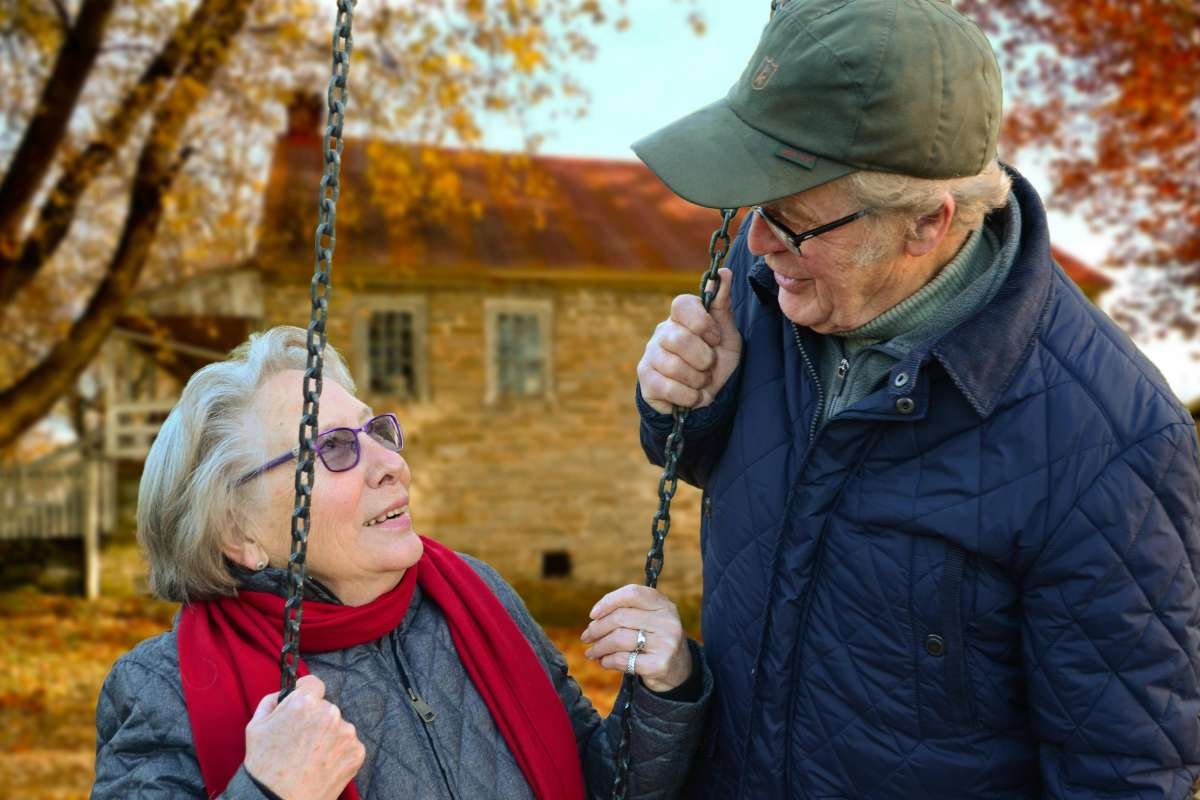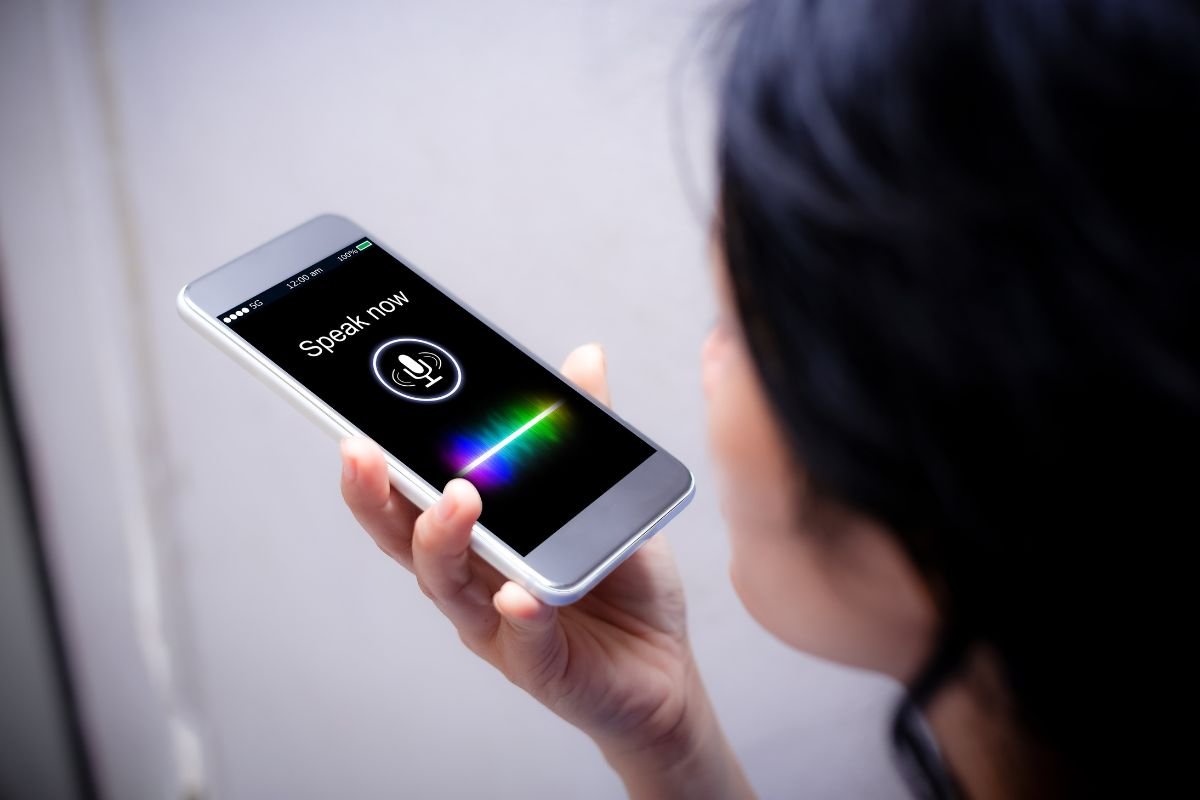Aging is strange. One day, you’re rushing up a flight of stairs carrying groceries, and the next, you’re there in shock, staring in amazement at why your knees ache when you stand up. It sneaks up on you. And if you’re one of the fortunate ones, you won’t even be aware it’s happening. The trouble is—that’s when many of us fail to recognize just how precious freedom is and only see it when it’s starting to slip away- leading to a slow unraveling.
Loss of independence is more than someone helping you carry heavy loads. It’s a lot more than that. Losing independence = losing dignity. That is probably why we are blind to it; it is hard to even think of. Keeping your dependence means remaining the hero of one’s own story. It’s making decisions without feeling a burden to someone else. We don’t talk enough about it, yet we need to. Because independence is not something to cling to—it’s something to strive for in our older years.
The Overlooked Value of Autonomy
Most people don’t wake up thinking, “Today, I’m grateful I can tie my own shoes.” But maybe we should. Little things—like making breakfast, driving to the store, or managing bills—feel small until you struggle with them. Then, suddenly, they’re everything.
Here’s what you’re never prepared for: loss of independence is not just a body issue. It wreaks havoc on your mind. It erodes your self-confidence. It makes you question everything you do. The bad news is that it also makes you feel invisible.
The people around you are coming from a place of goodness. They want to assist you. But when they begin to step in too heavily—making decisions for you, telling you that you can’t do something for yourself—you begin to recede a little. You begin to feel you’re a passenger in your own life. And that is a hard pill to swallow.
How Staying Independent Assists in Remaining Satisfied?
Do you ever notice that active, engaged people age more slowly? It’s not a coincidence. Loss of independence is not solely about the inability to perform tasks independently; it’s a question of staying connected to the world around you. The more you’re in control of your decisions, the more you feel alive. More you.
Independence fuels:
Purpose: When you’re looking after yourself, you feel useful. That feeling? It’s everything.
Confidence: Nothing is more self-assuring than having a belief that you can manage on your own terms.
Mental well-being: Depression results from loss of control over one’s own life. Independence keeps the blues at bay.
Stronger relationships: If you can manage to get around to meet up with others, it doesn’t feel isolated.
And here’s the clincher – you don’t need to be self-reliant to be independent. All you need to do is to be in control of the steering wheel.
Ways to Stay Independent in Old Age?

Aging doesn’t mean sacrificing control. The solution? Getting in front of it. Instead of waiting for life to throw you curveballs, set yourself up to stay independent for as long as you possibly can be. Here’s some tips:
1. Adapt Your Living Space Prior to Necessity
People wait too long to adapt their homes to be accessible. Don’t be one of them. One slip in the bathroom can change your life overnight. So why not take it in hand? Install grab bars. Fix poor lighting. Eliminate hazards to trips. Move your necessities to easy-reach locations. Simple adaptations today can mean many more years of independent living.
2. Leverage Technology to Your Advantage
Technology isn’t something just for teenagers and tech bros. It’s for you, too. Voice assistants remind you of things. Smart home devices make day-to-day tasks easy. And if you live alone? Only the best medical alert system will do and it can be a lifesaver in more ways than one. One push of a button and help is on its way if you need it. Having peace of mind is crucial in staying independent.
3. Stay Active in a Way That is Appropriate For You

Physical inactivity can significantly contribute to a decline in physical health and ultimately lead to a loss of independence. While intense exercise isn’t necessary, regular movement is crucial. Activities like chair yoga, a walk around the block, or a swim is just as good. Just move. Muscles get weak in a hurry when you’re not using them. And when that happens, independence follows close behind. Keep your body in tip-top shape, and it will carry you farther than you can even imagine.
4. Maintain Financial Independence
Money stress is a reality check. The older you become, the more important it is to keep financial freedom in check. Autopay bills. Downsize when you need to. Keep finances in order. The goal? Never to be beholden to someone else’s decisions.
5. Keep Your Mind Sharp
It’s not all about crossword puzzles (though, you know if you’re a fan of those—go ahead). Keeping your mind active means staying curious. Read. Learn new things. Try new hobbies. Keep talking to other people. The more active your brain is, the more open your world is. And that? That is what keeps you independent.
6. Don’t Be Shy to Accept the Right Kind of Help

Needing help is not a loss of independence. Just be sensible about whom you take help from. Maybe you hire someone to cut the lawn so you can save up energy to do something you love to do. Maybe you get a delivery of groceries to save your back from carrying heavy bags around. You are not losing control because you need more help. You are actually taking control back by knowing when to ask for help.
The Emotional Dimensions of Independence
Let’s be realistic here: loss of independence is just plain intimidating. For a lot of us, it’s more intimidating even than death is. Because independence is not just about getting things done—it’s existing on your own terms.
When you get to decide for yourself, even in small ways—what to wear, what to eat, where to go—it makes your life feel yours. And that is priceless.
Redefining Independence
Independence in one’s older age is not to show that you can do everything on your own. It is making wise decisions today so as not to lose control tomorrow. And maybe most important of all? Learning to accept help in a way that allows you to stay in control. Because at the end of the day, it’s not just a matter of survival. It’s a matter of flourishing. And that’s something to cling to for as long as you can.









